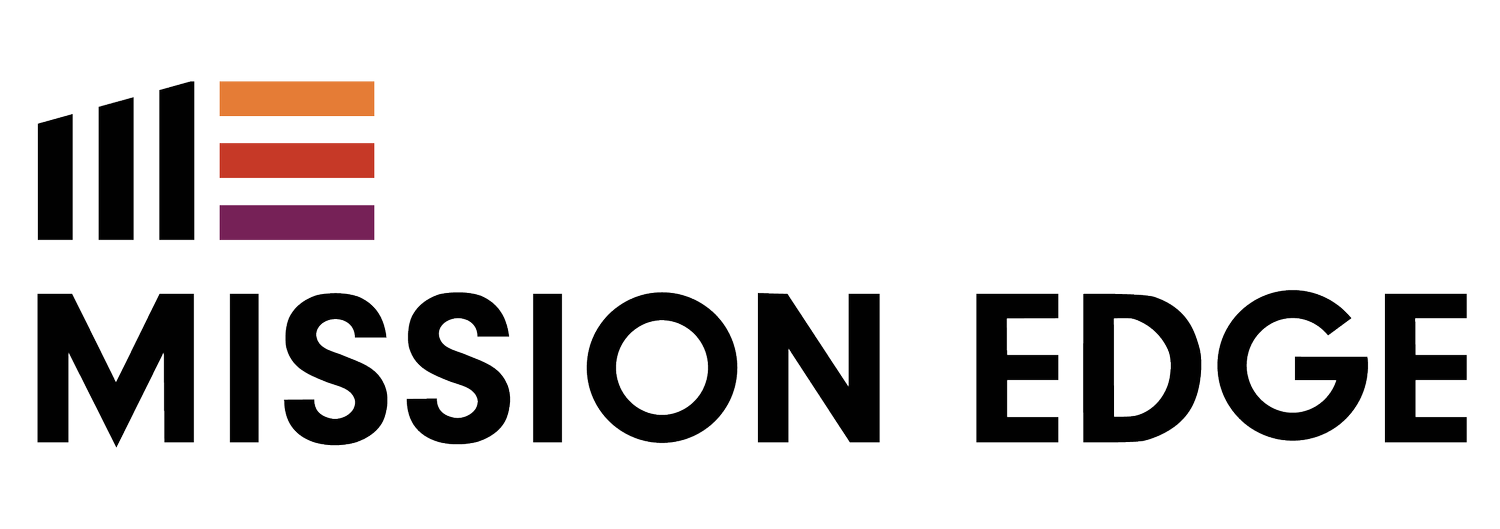Fiscal Sponsorship vs. Incubation: What’s the Difference?
If you’re launching a nonprofit or mission-driven project, choosing the right kind of support is an important early decision. Fiscal sponsorship and incubation are two common models, but they serve different purposes and over different levels of involvement.
What is Fiscal Sponsorship?
Fiscal sponsorship is a formal arrangement in which an established 501(c)(3) nonprofit provides support to a project that doesn’t have its own tax-exempt status.
This relationship allows the project to receive tax-deductible donations and grants while also benefiting from the sponsor’s administrative infrastructure.
A comprehensive fiscal sponsor typically provides:
Financial management and bookkeeping
HR and payroll services
Legal oversight and risk management
Grant and contract administration
This model is ideal for mission-focused leaders who want to focus on community impact, rather than building an administrative operation from scratch.
At Mission Edge, we do this through our Nonprofit HR, Nonprofit Accounting, and Fiscal Sponsorship departments.
There are also different classifications of fiscal sponsorship: Model A and Model C
Each model has its own financial, administrative and cultural benefits. We provide both and determine what’s the best fit based on your structure, end goals, and more.
Model A is an all-in-one solution; this is a nonprofit in a box. In Model A, you focus only on fundraising and impact, and the sponsor (i.e., Mission Edge) takes care of everything else, from accounting to HR to operations and more.
Model C is sometimes called "indirect" fiscal sponsorship or a "pre-approved grant relationship." It's focused much more on finances and much less on in-depth management and support from the sponsor. We receive donated dollars supporting a specific purpose and re-grant them to your organization to completely fulfill that charitable purpose.
Learn morE about fiscal sponsorship:
What is Incubation?
Incubation provides more intensive, hands-on support to help early-stage projects build capacity. The goal is to help leaders develop the skills, systems, and strategies they’ll need to eventually run their own independent nonprofit.
Support from an incubator might include:
Strategic and program development
Fundraising training and planning
Mentorship from experienced nonprofit leaders
Access to shared tools, space, or networks
Incubation is often time-bound, designed to help projects get off the ground before launching on their own.
The unique long-term benefits of Fiscal Sponsorship for mission-based initiatives
While incubation is typically a short-term phase of growth, fiscal sponsorship can serve as a long-term operational home.
Many projects remain sponsored for years—or even permanently—because the model offers flexibility, efficiency, and scale without sacrificing autonomy in mission or programming.
For organizations that want to stay lean, focus on their work, and avoid the overhead of running a separate nonprofit, fiscal sponsorship can be more than a starting point. It can be a strategic, sustainable way to build and grow your impact for the long haul.
examples of our fiscal sponsorship client success stories:
How Our Fiscal Sponsorship Unlocked Access to $300K in Grant Funding for This Charitable Mission ➔
More Than Just Admin Support for This Social Justice Organization ➔
How We’re Helping This Charitable Mission Prepare for 501(c)(3) Independence ➔
From a Small Social Justice Initiative to Coordinating More Than 40,000 Volunteers ➔
How Mission Edge Helped This Veteran Turn His Passion Project Into a Donor-Funded Museum ➔
Interested in Exploring Fiscal Sponsorship?
Let’s talk about how we can support your mission with the infrastructure and expertise to help you grow.



















